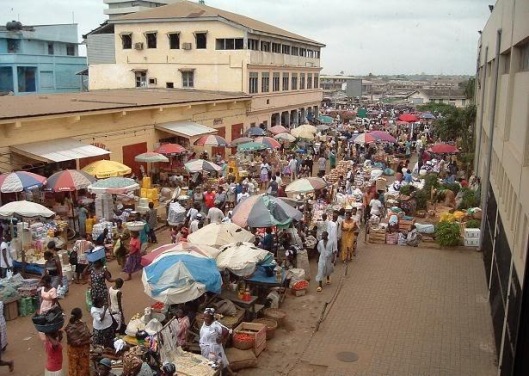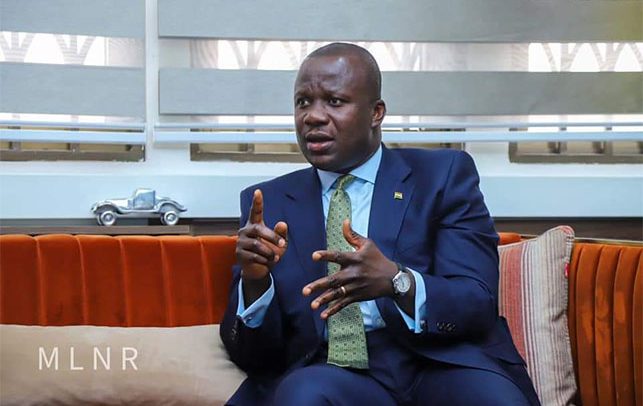
Ghana’s 24-hour economy policy is beginning to take form, with state institutions like the Driver and Vehicle Licensing Authority (DVLA) and the Ghana Publishing Company Limited (GPCL) already implementing new operational shift systems.
Though still in its early stages, the move marks a significant shift in public sector service delivery, aimed at boosting productivity and creating more job opportunities.
Both the DVLA and GPCL have rolled out pilot versions of the policy, operating round-the-clock services in selected departments. At GPCL, the company has restructured its operations into three distinct shifts: morning, evening, and overnight. This change ensures that publishing operations continue seamlessly through the night. DVLA, on the other hand, is also operating a 24- hour shift system and it already having the impact with clearance of 2 years backlog of driver’s license.
The Chief Executive of GPCL, Nana Kwasi Boatey tells TV3 that internal restructuring was key to the transition. “We haven’t done massive recruitment yet, but we’ve hired a few extra hands and reallocated our workforce into the different shifts. It’s a continuous operation now, and the staff have adjusted well,” he said.
Similarly, at the DVLA, staff were reorganized to accommodate night shifts, with contract staff brought on board to support the rollout. According to the CEO of DVLA, Julius Neequaye Kotey the policy’s success so far has hinged on staff training and the gradual introduction of new systems. “We’re taking it step by step. The aim is to ease congestion during the day and allow more flexibility for our clients,” he said.
Despite these early steps, both institutions acknowledge that full implementation of the 24-hour policy will require more resources, especially in staffing, logistics, and energy costs. There’s also the question of long-term sustainability and whether other government agencies will follow suit.
The 24-hour economy policy has been touted as a game-changer, especially in the run-up to the 2024 elections, with the NDC promising it as a pathway to economic transformation and youth employment. While some critics have questioned its feasibility, institutions like the DVLA and GPCL are offering a glimpse into how such a policy might work on the ground.
For now, the success of the pilot programs at DVLA and GPCL will likely inform broader national implementation. As the government considers expanding the policy, citizens and business owners alike will be watching to see whether the shift system can truly deliver on its promises.
By Deborah Aba Mensah
The post Ghana’s 24-Hour Economy Vision: DVLA and Ghana Publishing Company lead the way first appeared on 3News.
Read Full Story















Facebook
Twitter
Pinterest
Instagram
Google+
YouTube
LinkedIn
RSS